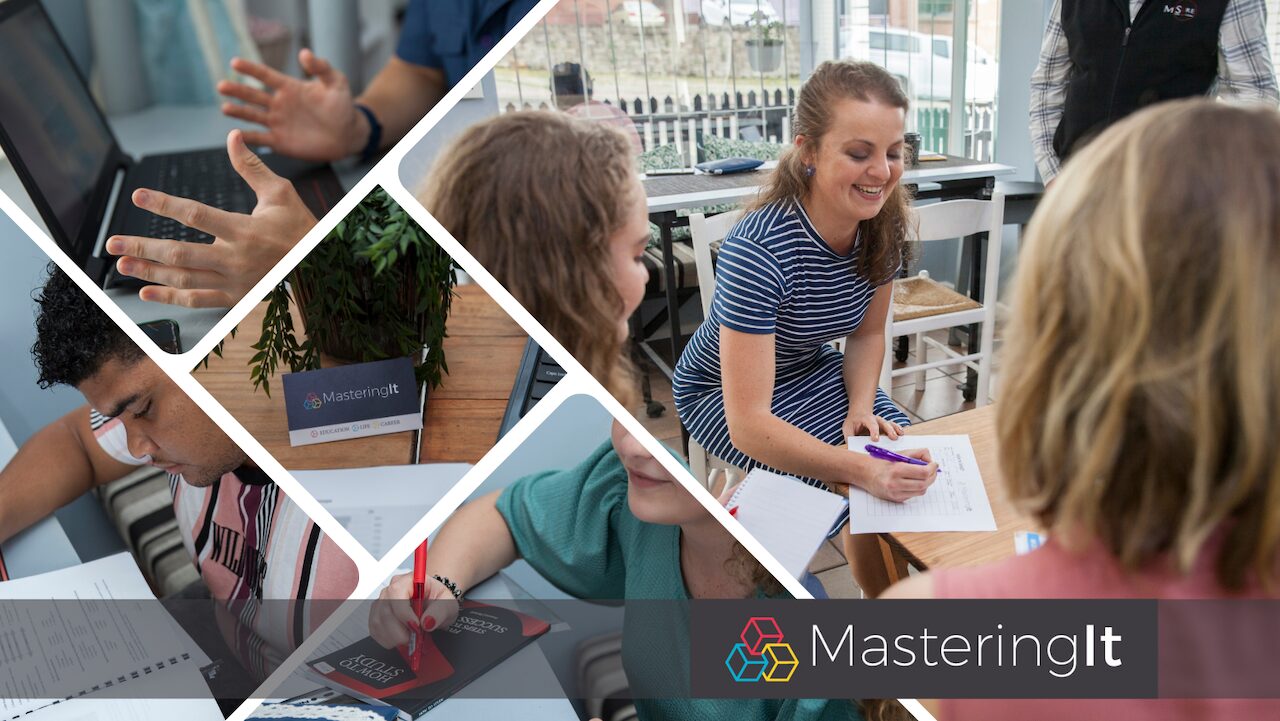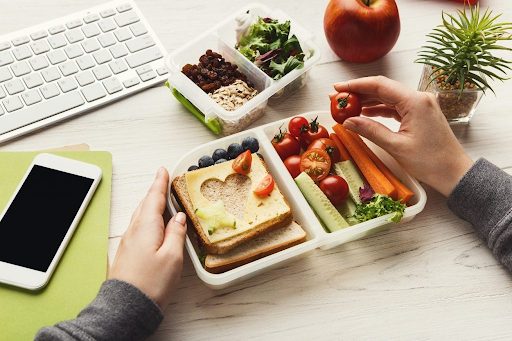
The best foods to eat for studying and exam stress


Exam season is a time of immense stress and, of course, lots of studying. Long study sessions and short nights often leave us reaching for sugary, comforting foods to keep our energy levels up. While this may be what our body is craving, it is not at all the best fuel for our bodies — or our minds — in such a demanding situation. While chocolates, chips, pastries and biscuits may be high-energy, they are extremely nutrient-poor — which is a bit of an issue considering our brains run on nutrients. Furthermore, in times of stress, the micronutrients in our body are depleted at a much higher rate than usual.
So what foods can we choose to help us not only cope with stress but to directly feed the brain and improve brain function?
The answer is simple:
Foods that are nutrient rich.
The simplest way to do this is to eat more plant foods. Essentially you want to try and shift your eating patterns from a Western diet (processed, high in sugar and predominantly meat-based) to a Mediterranean-style diet, which is high in fruits and vegetables, nuts,and healthy fats.
An easy way to initiate this change is to look at the colours on your plate. A Western-style diet high in processed, comfort foods is predominantly brown, yellow and white.
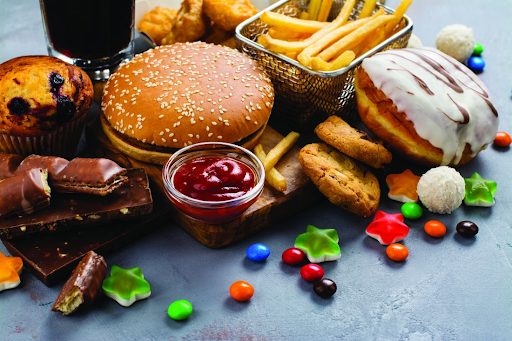
Try to include as many different colours on your plate throughout the day as you can. If you first eat your greens, reds, oranges and purples, you will find you have less of a craving for sugary processed foods, and that if you do still want to have a biscuit or chocolate, your blood sugar won’t be thrown through a loop.
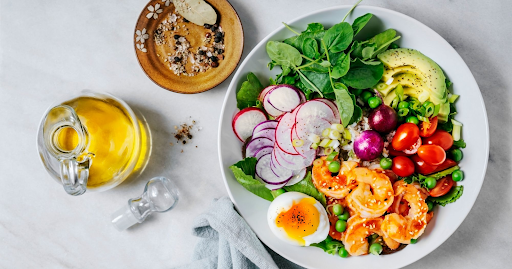
Here are some of our top recommendations of foods to include in your diet to improve brain function and reduce stress:
- Berries
- Citrus fruits (Not fruit juice as it is incredibly high is sugar.)
- Dark chocolate and cocoa products
- Nuts
- If you don’t like raw nuts try the roasted and salted kind.
- Eggs
- Avocados
- Omega-3 rich foods
- Traditionally fish has been recommended for omega-3s but please be aware that currently due to harmful farming practices and ocean pollution fish are not nearly as high in omega-3s and often contain mercury and other harmful pollutants. If you choose to eat fish, please do so in moderation.
- Beets
- You can even drink beet juice if you prefer!
- Any red, orange and green fruit and veggies such as tomatoes, peppers, carrots, broccoli, spinach, etc.
- Water, and plenty of it!
- B12 supplement
Research has shown that almost everyone is deficient in B12. B12 plays an essential role in the production of your red blood cells and DNA, as well as the proper functioning of your nervous system. B12 deficiency is the common culprit of fatigue and tiredness, something students and many adults struggle with every day.
Due to farming practices it is no longer readily available in most foods, and you would need to consume enormous amounts of the foods that it is prevalent in in order to obtain the recommended daily allowance.
Luckily, it is easily available in supplement form. If pills are not your cup of tea there are liquid spray options as well as dissolvable nuggets.
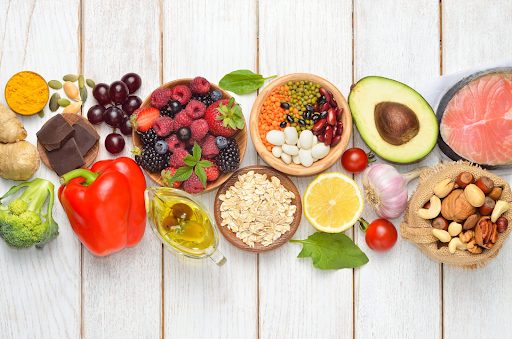
Withholding food from your body can also trigger a stress response, even if you do not notice it. It is so important not to skip breakfast on the morning of your exam. If you are someone who struggles to eat early in the morning, try taking a small snack to school, like a handful of nuts or a piece of fruit, and have it just before you write. Don’t forget a bottle of water to take into the exam hall with you.
So, to summarise:
1) maintain a healthy pattern of eating and fill your plate with colourful,
2) nutrient-dense foods, and you’ll find that your study sessions will be so much more productive, you will be less tired, and you will be setting yourself up for success come exam time!

